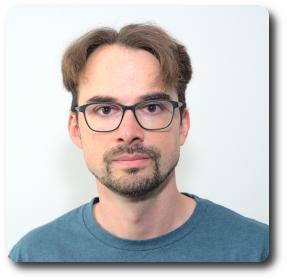
I'm a computer scientist specialized in the areas of
- program analysis and verification,
- programming languages and session types,
- distributed, embedded, and cyber-physical systems.
I'm currently working as a static analysis scientist at Sonar Source. In 2022, I worked for Signaloid; first as a consultant, and then as Quality Assurance Lead. Between 2016 and 2021, I was a research group leader at MPI-SWS. Until September 2016, I was a Postdoctoral Associate at MIT CSAIL in Martin Rinard's group. I received my PhD in 2013, working under supervision of Thomas A. Henzinger at the Institute of Science and Technology Austria (IST Austria). Prior to that I received a Master in computer science from EPFL in 2009.